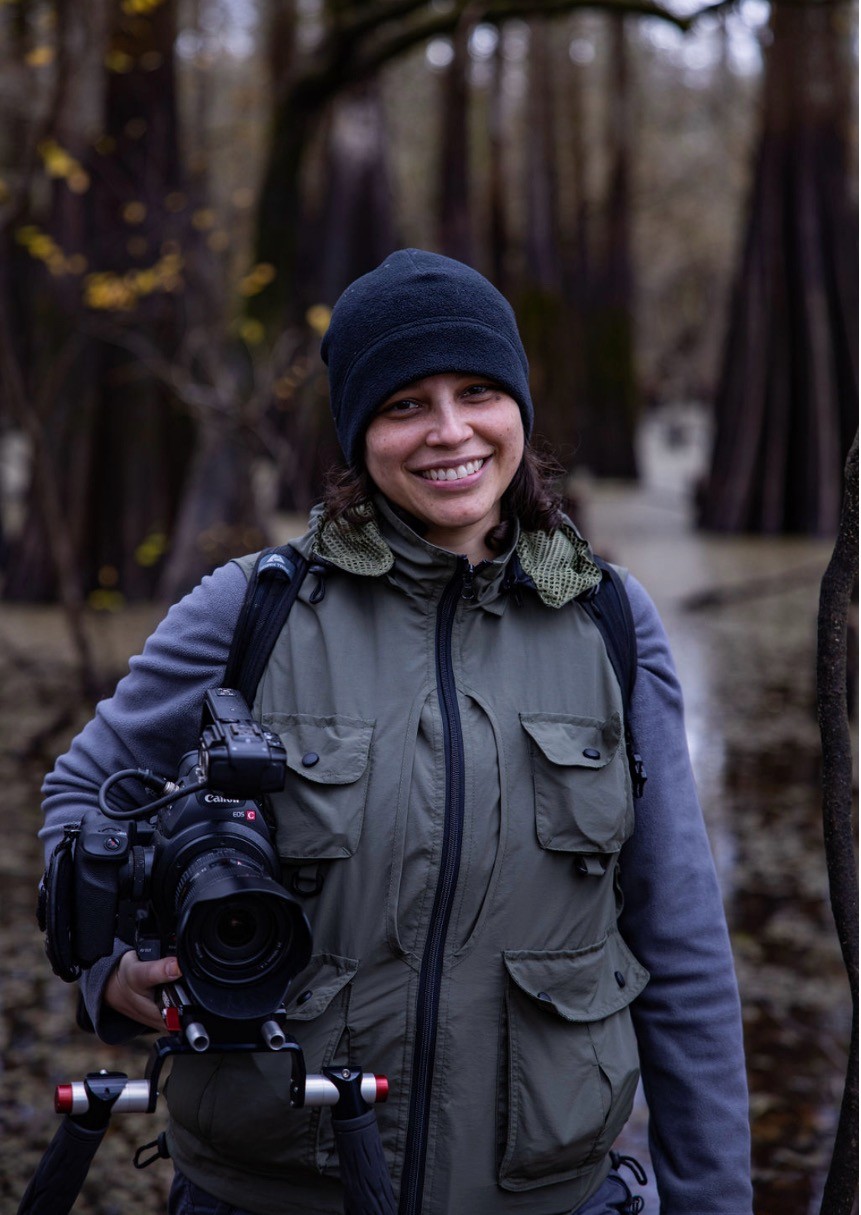Alright – so today we’ve got the honor of introducing you to Tania Romero. We think you’ll enjoy our conversation, we’ve shared it below.
Tania, looking forward to hearing all of your stories today. We’d love to hear about the things you feel your parents did right and how those things have impacted your career and life.
My parents sacrificed a great deal to give me a chance at success. Not many young Latina immigrants get the educational and extracurricular opportunities that I was given. My parents were both dedicated public school educators, who created a safety net of unconditional love as I grew into adulthood and urged me to find a purpose in life, rather than just a career.
My parents invested in my personal growth as an individual. When we arrived in the U.S. they prioritized my education and extracurricular experiences. My mother, who was part of the literacy campaigns to reform Nicaragua after the 1979 revolution, instilled in me the belief that education could radically intercept the generational poverty in our own family. Investing in me meant that my parents worked several teaching jobs, side hustles, and budgeted extensively to fund my expensive private school education and extracurricular activities. At an early age, they enrolled me in language courses and encouraged me to play a variety of sports. Playing team sports was a formative experience, especially because I learned how to follow instructions, leadership skills, individual responsibility, accountability, self-care, and the discipline to overcome adversity. Being an athlete gave me a competitive edge, but the enduring wisdom that success should be inclusive and it is collaborative effort. No one makes it to the top alone, so bring some (responsible) friends along!
Instead of celebrating a lavish Quinceañera, a traditional coming of age ceremony in my Latino culture, my parents paid for piano lessons and unlimited foreign movie rentals at Alphaville (a former local video store in Albuquerque). Movie rentals were formative for my film education as an aspiring filmmaker and so was supporting independent cinemas like the Guild to engage with different perspectives of the world. My parents used any savings leftover to send me back to Nicaragua during the summers so I could retain my cultural roots and language, and remain connected to my extended family. Looking back, I admire their vision and radical attitude to break the mold and societal expectations, so I honor my parents and my family by giving back to my community with the work I produce as a filmmaker because they set me up for a purposeful and meaningful adult life.
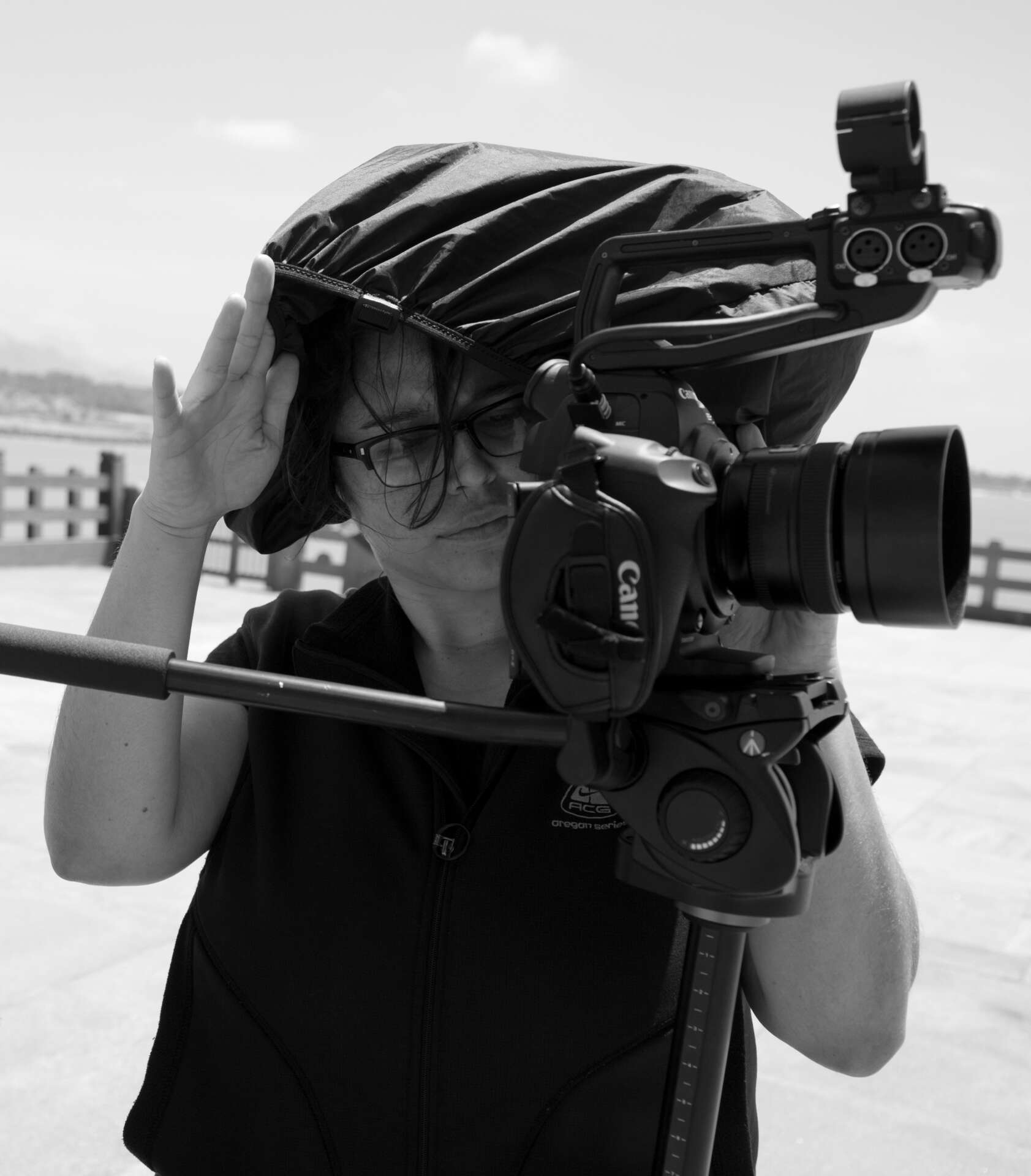
Tania, before we move on to more of these sorts of questions, can you take some time to bring our readers up to speed on you and what you do?
Storytelling is my passion. I am an independent filmmaker, writer, and assistant professor of media production. My work explores border cultures and immigration policies, social justice issues that affect marginalized communities, and often features the contributions of women in our society unrecognized in our history books. Whether the work I produce is fiction or nonfiction, my goal is to leave a body of work that contributes to a better understanding of our humanity.
I was born and raised in Nicaragua, the land of ‘great lakes, volcanoes, and poets’. But I spent my adolescent years in the ‘land of enchantment,’ Albuquerque, New Mexico. As a storyteller, I have always been drawn to the complexity of our human experience and filmmaking was the creative medium that allowed me to explore it. I directed the award winning short documentary Even With Their Nails: Women Filmmakers in Nicaragua (2016) which documents the increasing number of Nicaraguan filmmakers who are women and how they became the keepers of a national cinema since the 1979 revolution. Most recently, I directed Operation Tin Man (2023), a short documentary film produced in the Texas Rio Grande Valley over 5 years, which advocates for mental health for veteran families.
I became a filmmaker by listening to my intuition and did not pursue a film production degree. Growing up I was already a cinephile with an overactive imagination: I rented classic and foreign cinema, snuck into theaters to watch 2-3 movies on Sundays, experimented with VHS and Hi-8 cameras, and convinced my close friends to make movies with me. Once I got into college, I sought first-hand experiences on film sets, taught myself how to edit, and I researched the gaps in my knowledge along the way.
I didn’t set out to break any film industry rules; I created my own guidelines for success and crafted my own space of belonging out of necessity. Growing up, I never met other Latina filmmakers to seek as mentors and my Central American heritage was devastatingly absent in the (mis) representation of Latinos in Hollywood. To counter the lack of representation in the industry, I embraced my difference and focused on building a supportive network of independent filmmakers in the cities I lived in: a tight-knit ‘film familia’ made up of creatives who also aligned with my mission to break through the various glass ceilings by telling meaningful stories in our communities. I focused on ways to contribute to this industry on my own terms. One film at a time.
Looking back, this entrepreneurial philosophy has given me the freedom to generate a body of work with a global lens that is multidisciplinary, multilingual, and multicultural. Filmmaking has allowed me to become a world traveler, develop my critical thinking and problem solving skills, expand my worldview, learn new languages and explore new cultures.
To me, cinema is life.
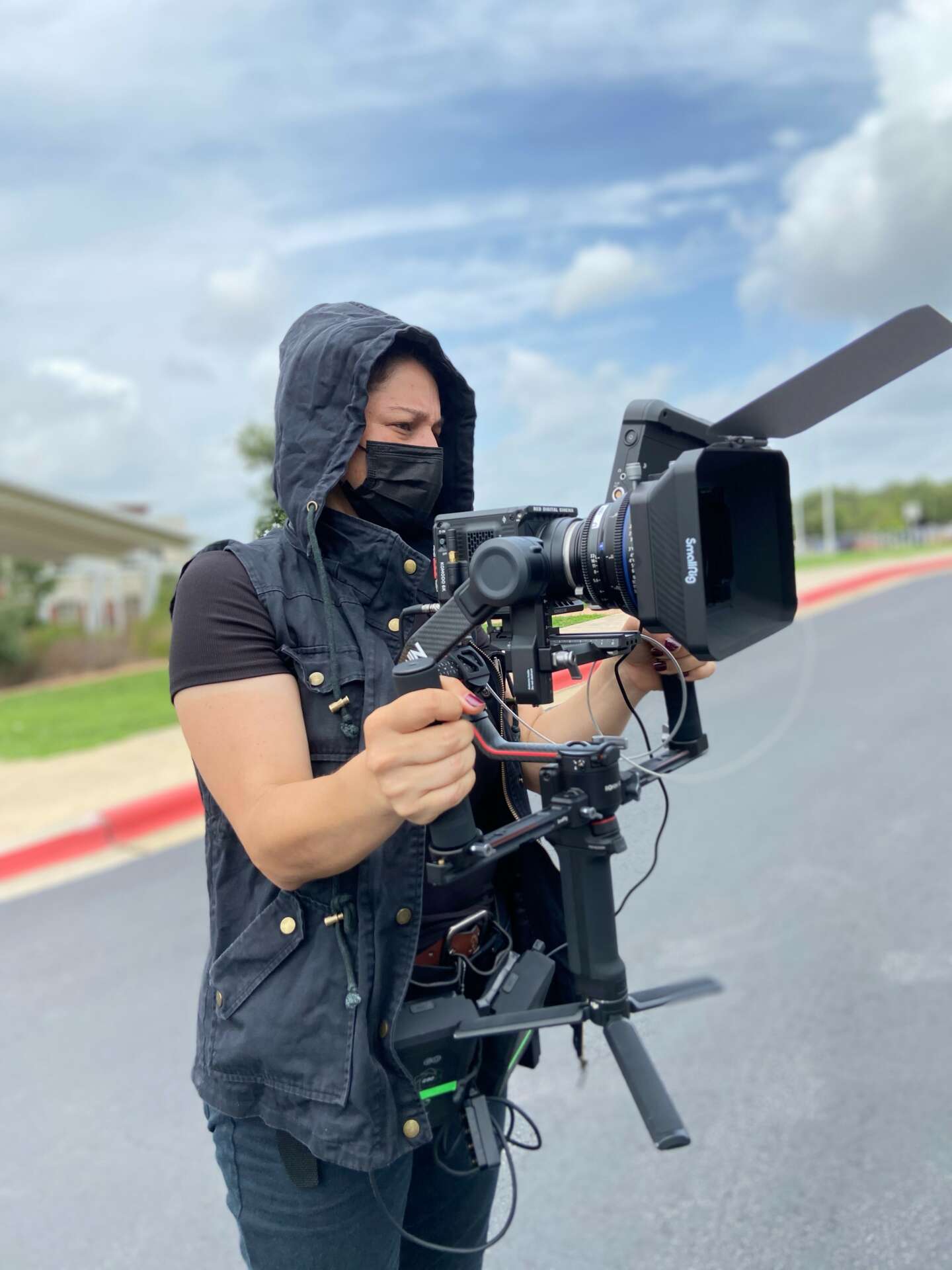
We’d love to hear a story of resilience from your journey.
Film sets haven’t always been welcoming spaces. As a female working behind the camera, every film project has been a formative experience. Early in my career, when I was training to be a camera assistant, I was not given meaningful responsibilities (i.e. heavy lifting) like the rest of my male peers in the camera department. Many times I was ignored, never allowed to touch the camera, asked to deliver coffee to a crew member instead, or was excluded from ‘casual camera talk’ between takes when my male peers hovered over equipment and shared personal experiences. I learned early on that these casual conversations weren’t just a chance to upsize each other and show off; they were networking opportunities to get hired for the next gig. Feeling invisible while working in the camera department made me feel like I didn’t belong in that space, and it was worse than any explicit disrespect or discriminatory language. But the greatest consequence of being excluded was that I missed out on developing my hiring potential.
But as an immigrant woman of color, I have operated from the outside-in all my life. My resilience was a result of deflecting the negative self-talk a la chingada and adopting an autodidact approach. I researched my craft, taught myself about camera systems and specs, budgeted to buy my own camera gear, learned enough camera lingo to hold an intelligible conversation, and gave myself permission to lean in during ‘camera talk’ with the rest of the guys on set. I overcame my imposter syndrome: I chose not to victimize myself and took personal accountability for my professional growth. I also ensured I acquired mentors outside of the film industry to give me perspective and to encourage me during these growing pains. I realized no one else was going to grant me a free pass, especially when women on set were not expected to contribute much.
For many women in technical and male-dominated fields, the struggle to be valued on a team as a worthy contributor-creator is a constant challenge. To succeed in the film industry as a female (or anyone who counters expectations), you really have to brand the unique voice/perspective you offer and believe that your presence matters. But to succeed as a woman of color in the film industry, means the rules apply differently: we do not benefit from the proverbial phrase “fake it ‘till you make it” because faking competence is already assumed the moment we step into creative spaces like film sets. To succeed as a woman of color, nourish a growth-mentality, build an armor of knowledge, and develop your own confident persona grounded in personal truth (and yes, that includes celebrating what makes you different from the rest, especially your intersectional difference). Be authentic to yourself, and no one will doubt your abilities nor presence in any space.
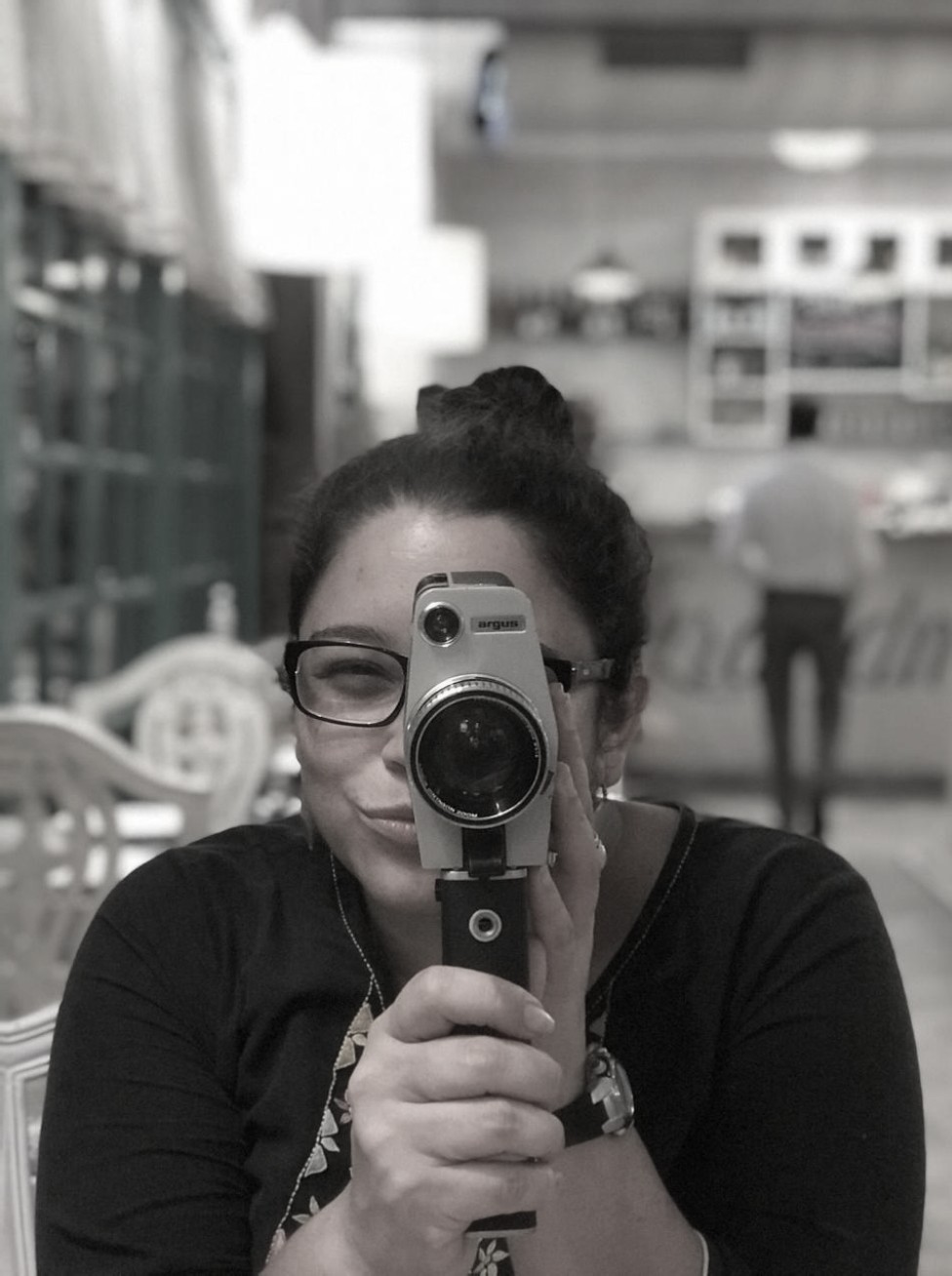
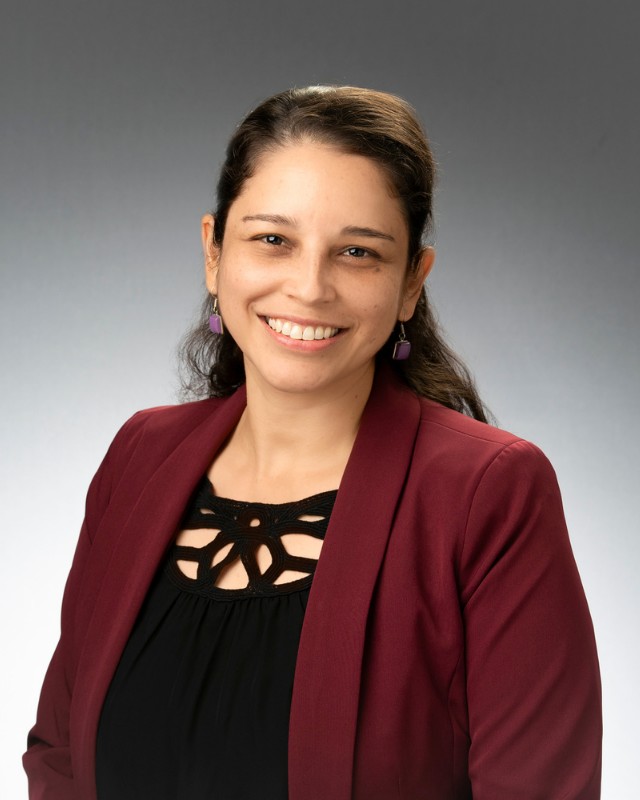
For you, what’s the most rewarding aspect of being a creative?
I am the master of my own narrative. As a creative I have a lot of agency over my career choices, the luxury of selecting the colleagues I work with, and which creative endeavors I pursue. This freedom to create comes with a caveat: sometimes this power can be paralyzing because you have no one to blame for your failures but yourself. So it is easy to get discouraged as an independent filmmaker. Like many creatives, self doubt looms perpetually over your shoulder and there are many financial factors working against you. Also life presents some unexpected curveballs and it can be overwhelming to feel so displaced throughout your career. You have to learn how to pivot and stay in forward movement until all the pieces come together. Because they will.
But the main reward as a creative, is that I get to design my own vision of success. For me, success is being part of a creative process (and this applies to filmmaking and teaching media production), building communities and avenues for mentorship, and watching my work take its own form once it reaches an audience. As a filmmaker, I want to re-write the toxic film set behaviors that I experienced in my early career. As a media production professor, I want to embolden my film students to become industrious rather than trying to fit into an industry. I don’t worry about breaking ‘glass ceilings’ anymore because these look different for everyone. Instead, I focus on producing a body of meaningful work and leaving a legacy of compassion and empathy along the way for the next generation.
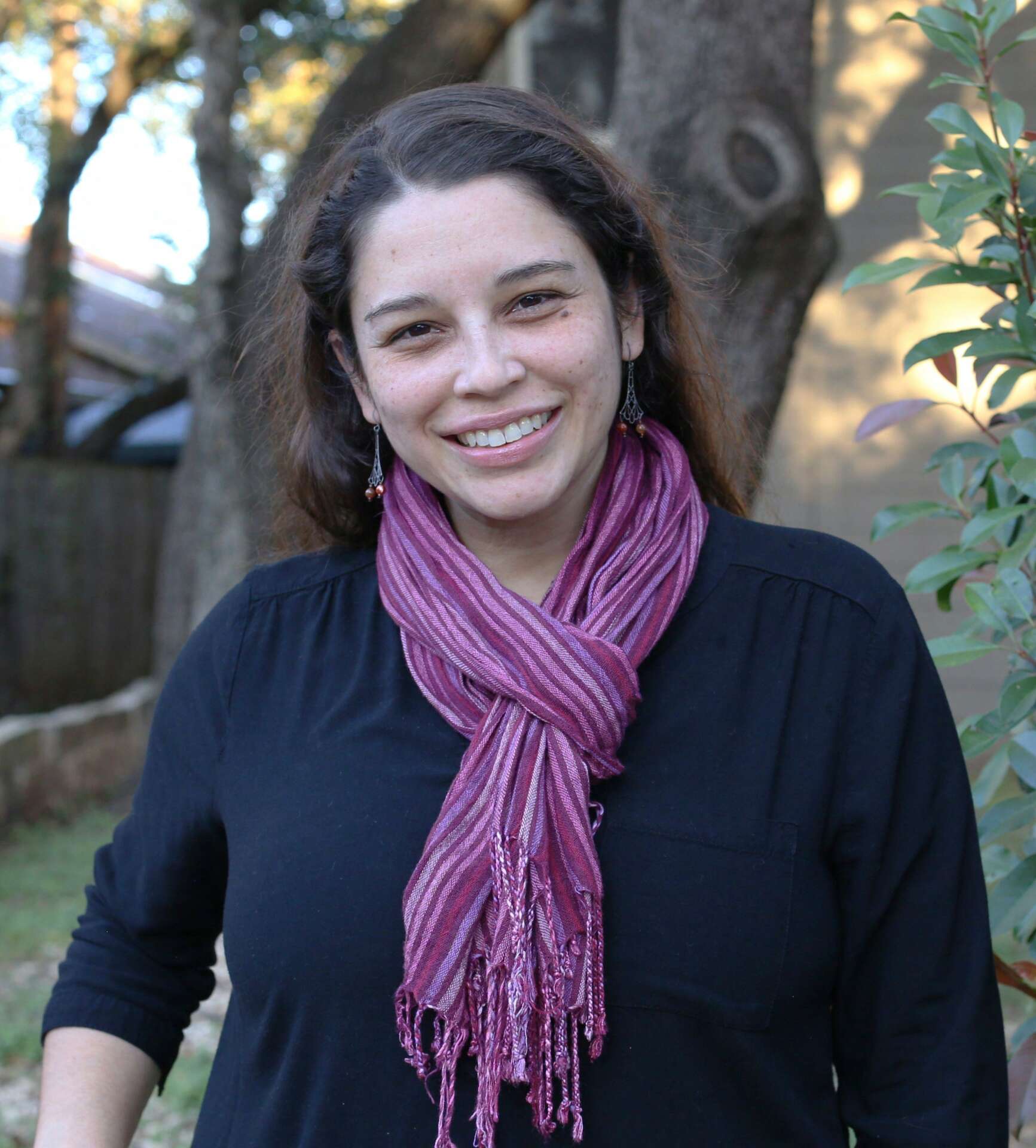
Contact Info:
- Linkedin: https://www.linkedin.com/in/573122175/
- Contact email: [email protected]
Image Credits
Image credit: Ankur Singh (India) Patrick Fernandez (USA)


